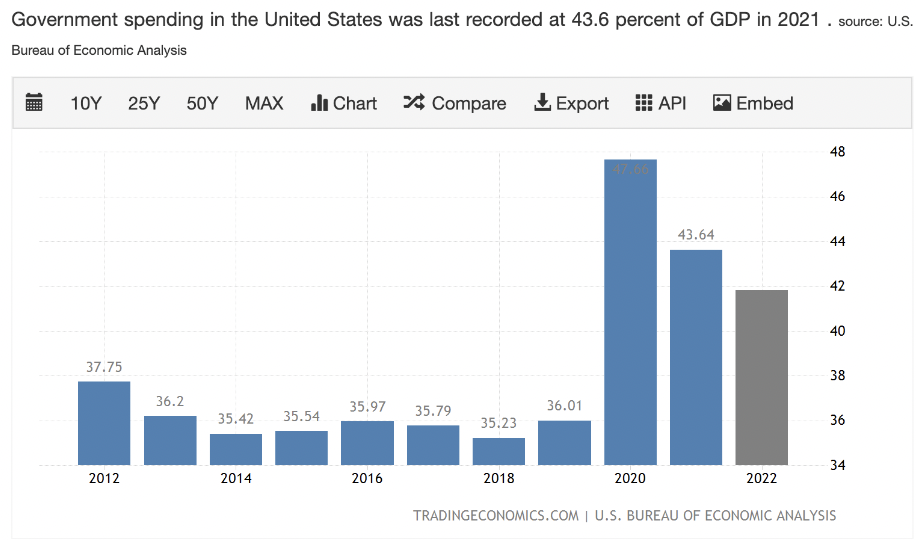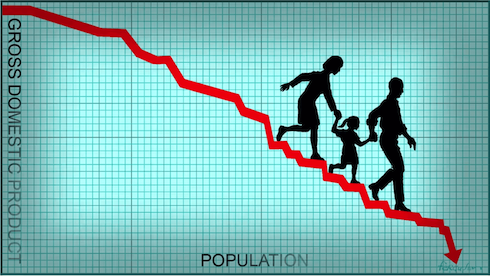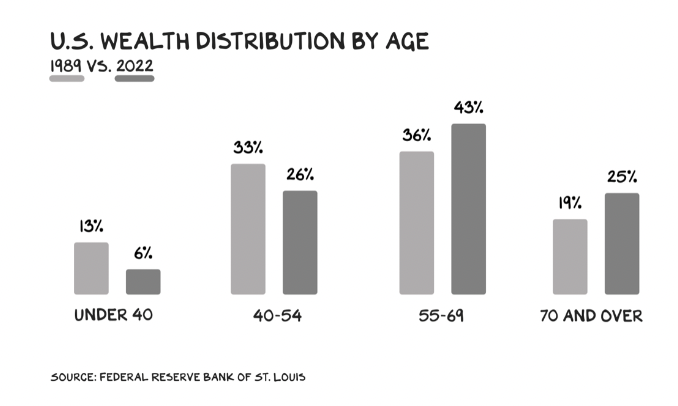One of the big problems of our time is population decline.
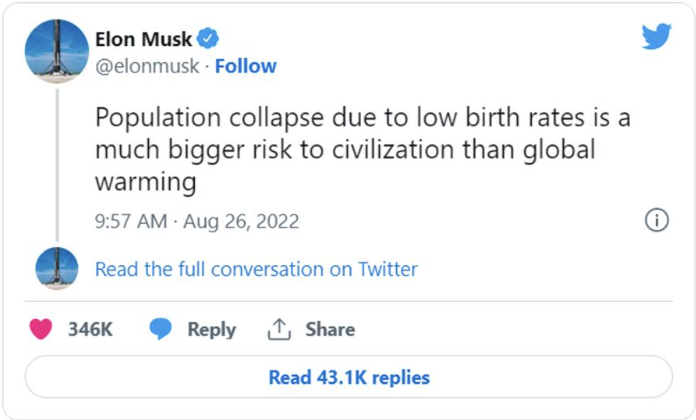
China, Japan, Italy are seeing falling birth rates, and their populations are predicted to fall by half in the next 50 years.
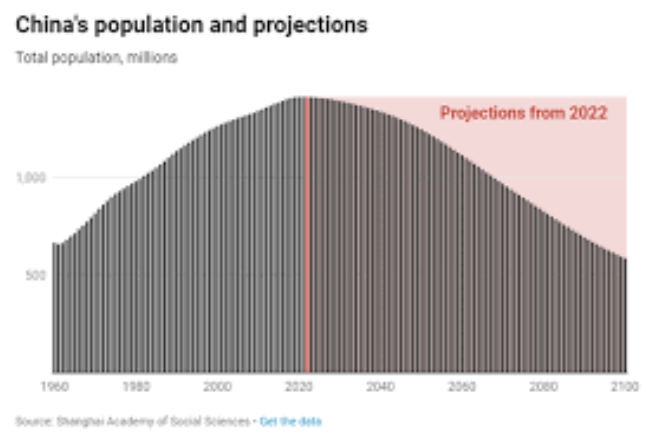
In these countries and many others around the world. Young adults are choosing not to have a family, or to delay having a family, because it is too expensive – they are not able to afford the costs to start a family – housing, education costs. Also the opportunity cost to give up earnings and “sacrifice” a career. Many are choosing a career.
The problem exists in all developed countries – UK, USA, and it would be even more obvious if it wasn’t for immigration, but immigration is not a solution because it doesn’t address the root problem – young people choosing not to have children.
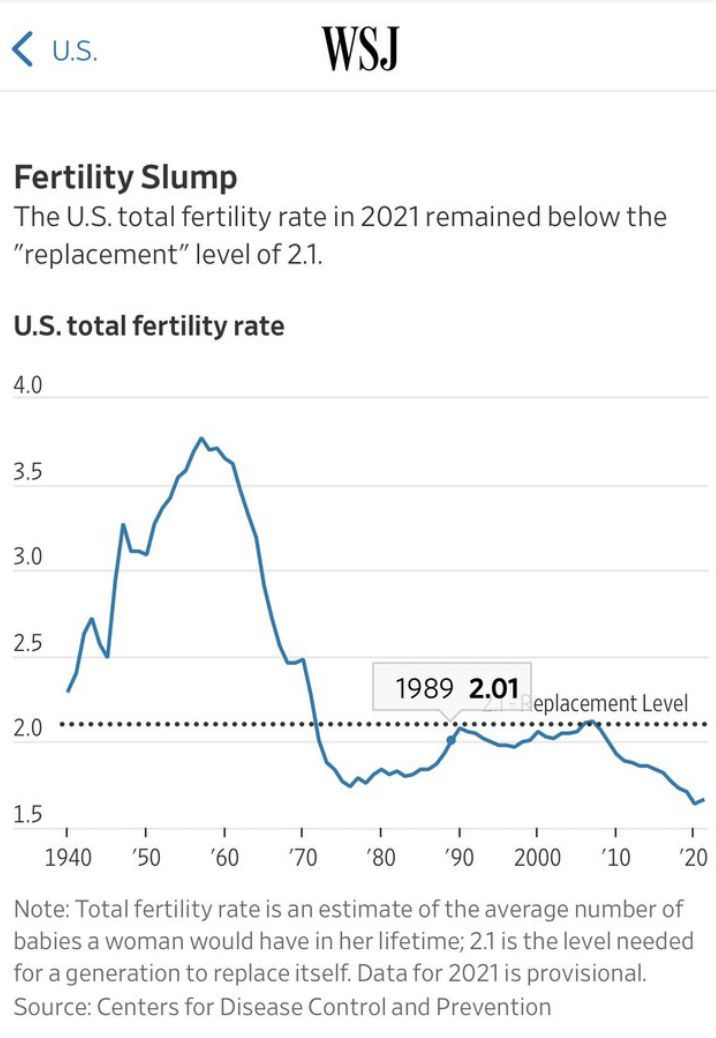
This can cause enormous economic problems for the future.
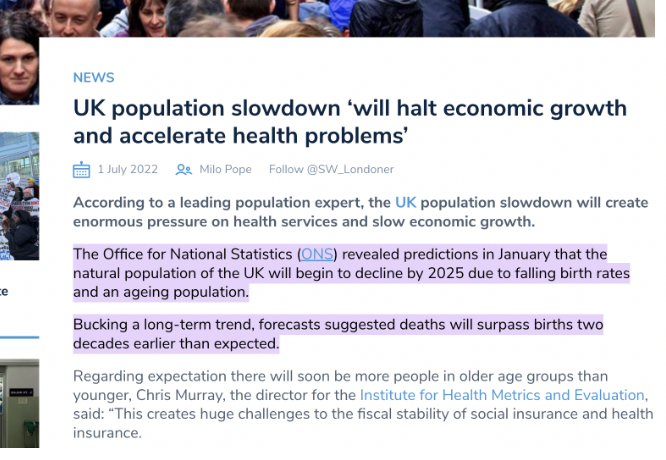
If there are less young people, and a shrinking population, the economy will contract, and there will be an even greater burden on young people, who will have even less children, it is a vicious cycle.
So, what is the problem?
It’s such a huge cost and sacrifice to have children for young people. Not only do you have the expense, but also the opportunity cost to give up earnings and “sacrifice” a career.
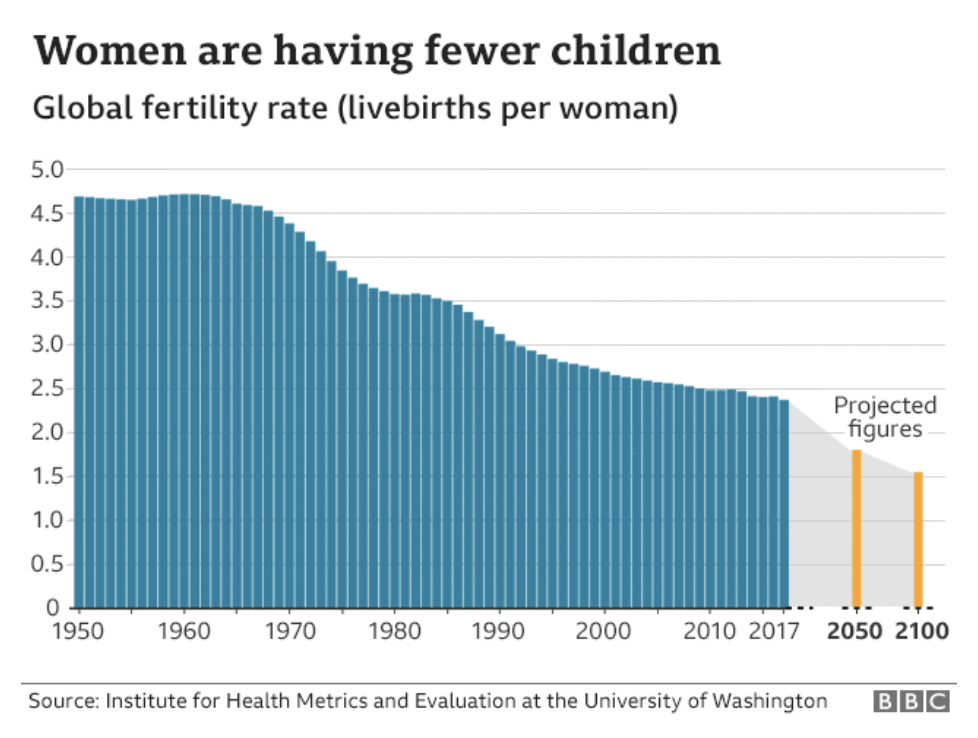
The cost is higher in this generation that it has ever been, because:
1) Aging populations – an increase in the proportion of older persons.
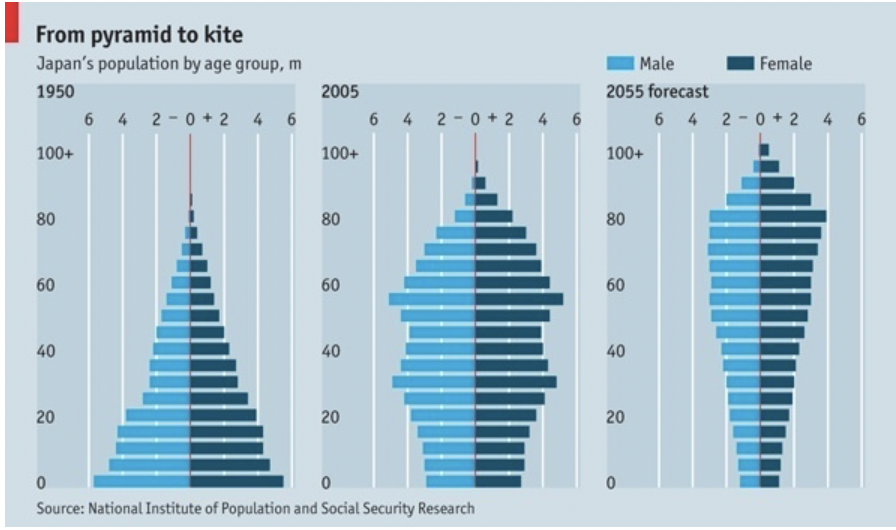
2) An aging population increases the tax burden on pensions and healthcare which is paid for by younger working people.
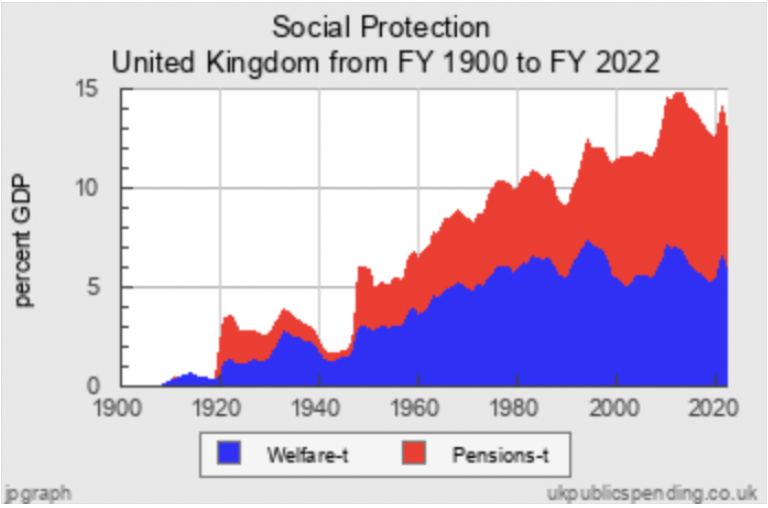
2) It takes time to build and generate wealth, and people are only reproductive for the early years and a small proportion of their working adulthood (10 -19 years out of / 54 working years).
3) It takes longer for younger people to increase their salary because in many jobs the salary grows with age, and younger people can’t become high earners while they are young, and the old people are in those positions.
4) There are significantly more people with wealth who are older, which means that younger people are often priced out of the property market, need to spend longer on commutes and have less time.
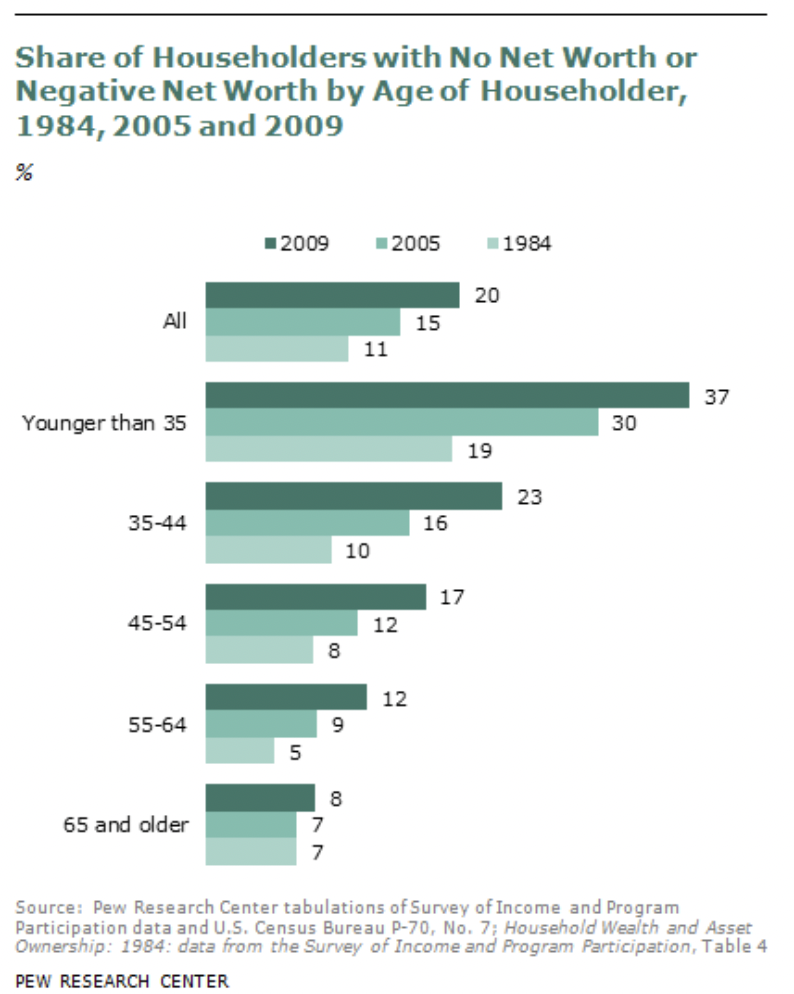
How can we solve it?
There are many policies that have been attempted to stimulate the birth rates, such as giving one off payments in Russia, and promoting maternity leave, but they do not work because they don’t address the root cause of the problem.
The core root cause of the problem is that aging populations increases the burden on young people. Some problems in nature, and society, may be self correcting, but this problem is a downward spiral, as the birth rates fall, it makes the problem worse.
We need to acknowledge the seriousness of the problem and the huge impact it can have on the future – and that without a larger, and growing population, they won’t be able to pay for the aging population, and there will be even worse economic problems in the future.
We need to learn from those countries that are further along such as Japan and China, and realize that if it is not addressed soon, it might be too late.
What makes people actually want to have children?
What makes someone want to have children Vs not? There might be many factors. It’s definitely harder to want to have children if you are financially stressed already. A big part of it is, do they have space for children? In terms of time, money, and physical space (apartment size).
We need to do more radical policies to encourage space for young people to want to have children:
Affordable housing is one of the biggest costs for young people:
- Favorable mortgage policies for young people so they can buy properties
- New housing needs to be built
- Incentives for “empty nesters”, or extra taxes expenses, to move so there is more housing available and the price falls.
Fair Taxes on Young People
- Reducing student loans until a certain age ((Between 1962 and the 1990s higher education in Britain was effectively free). For many young people now, their student loans are growing faster than they are paying it off. It is effectively an additional tax on recent graduates.
- Tax breaks for young people. Costs are far more now for
- young people than they were before, and they are rising. Such as “lower income tax until 35 years old” that is tapered as they get older, would enable young people to earn more money and enable and encourage them to have a family
- Increasing retirement age and incentives for older, healthy, capable people to continue to work to reduce the tax burden.
- Reducing pension payments to reduce the burden on the taxpayers.
- Redistribute wealth to younger people so they can afford to have families.
- In 1850, the UK government spending was 10% or less of GDP.
Others: Improving the Economy, Their Earning Power, and Perceptions
- Can we make university more efficient? 2 years instead of 3, when there are only 3 hours a week, or directly into apprenticeships or work & study programs so students are earning and not indebted. The first year of university is considered a time to explore interests and take a step back, but in reality students don’t have that luxury of this 1 year if they are doing this at the cost of being able to afford a family.
- We need to change peoples perceptions about families, and support families. People often think of having a family as a personal cost, and also a negative for society – more pressure on services, contributing to climate change, but having children is a net positive for society that contributes to the economy and pays for pensions.
- Reforming the education system. Teaching and training more relevant skills. Computer science and coding.
More babies!


